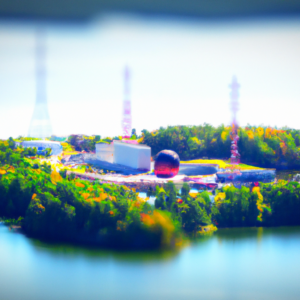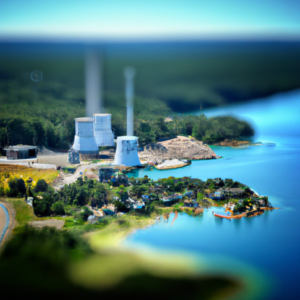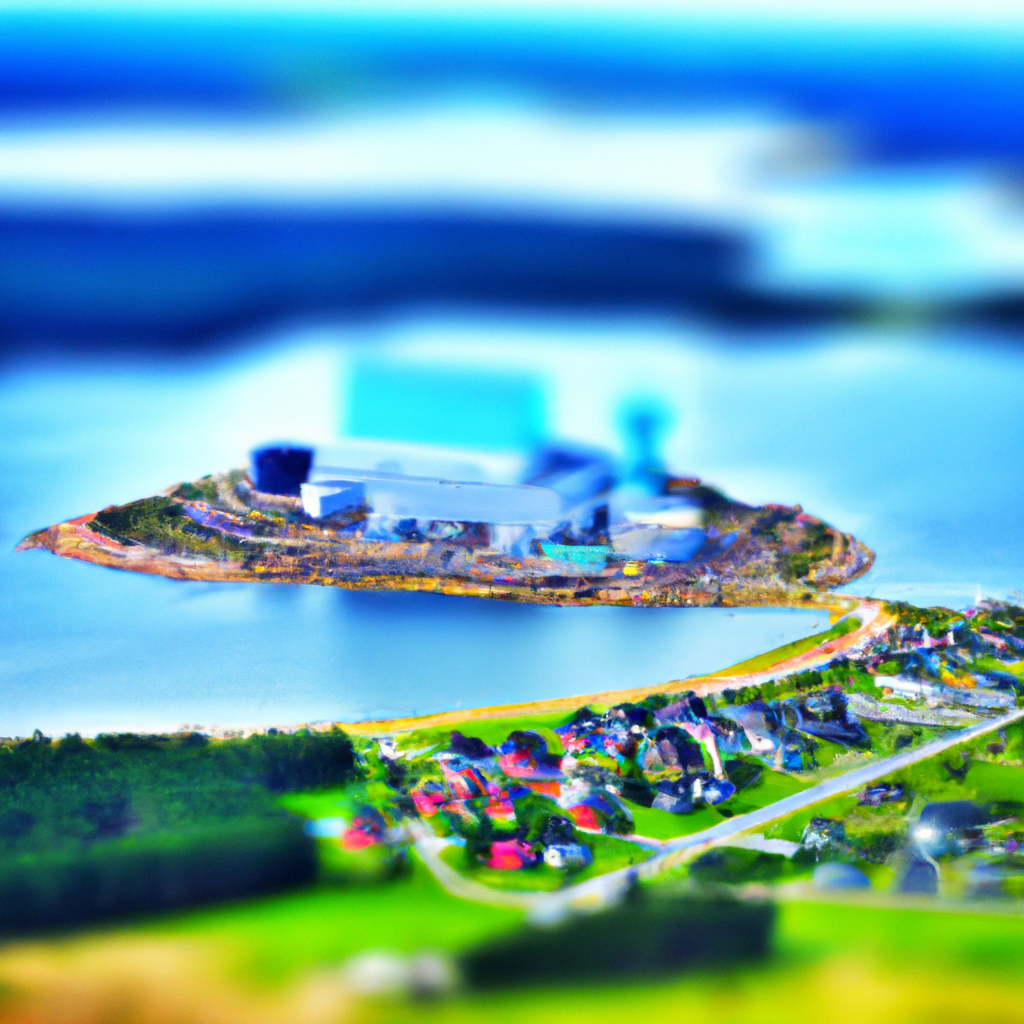Unlocking Nuclear Power’s Medical Side Benefits!
Nuclear technology has been in the forefront of energy and power generation for decades. Recently, its potential and scope has been broadened to include medical applications that offer incredible opportunities to revolutionize modern healthcare and provide a variety of medical treatments, especially when it comes to leveraging its power to diagnose and treat harmless forms of radiation. This article aims to explore the explosive benefits of nuclear technology, the potential of harnessing its power for medical developments, and the hope of embracing nuclear innovation as part of the medical landscape.
Explosive Benefits of Nuclear Technology
Nuclear technology is rapidly changing our world in more ways than one. It has immense potential for providing an abundant and clean source of energy through nuclear power plants, and to enhance medical treatments, diagnostics and cures. This technology is the result of an ever-evolving branch of physics, involving particles, reactions, and reactions-within-reactions, to unlock high-precision medical procedures and high-efficiency medical treatments.
Nuclear power plants are designed to turn nuclear energy into heat and electricity, as well as radioactive radiation. Harnessing this radiation technology grants medical professionals the ability to monitor, detect and treat illnesses in ways that were never before possible. In addition, the energy released from nuclear fission can be used to drive particle accelerators, allowing radiation to be aimed precisely at a target and decimating tumors with pinpoint accuracy.
Powering Up Modern Medicine

The energy produced by nuclear technology provides an incredible platform for advancing healthcare. For example, studies are underway to understand the potential of nuclear biomarkers to discover disease at the earliest stages and diagnose even the most complex disorders and ailments.
Nuclear power has also contributed significantly to the development and use of medical technologies such as imaging systems, which uses x-ray, MRI, and PET scans to identify abnormalities in the body. These technologies have revolutionized modern medicine, allowing doctors to prescribe treatments faster, with fewer invasive procedures, and more accurate information.
Another advancement enabled by this technology is the development of Radionuclide Therapy — the use of particles and radiation to kill cancerous cells and tumors in the body. This therapy has revolutionized treatments for cancer and other life-threatening diseases, and is providing patients with new hope and an improved quality of life.
Discovering The Nuclear Renaissance in Healthcare
Nuclear technology has become an increasingly important source of medical knowledge and progress. It has been used to unlock the secrets of the individual cells and genes within the body, allowing us to understand the molecular basis of diseases and their progression.
Nuclear-powered devices are also helping improve patient care in a number of ways. These innovations include machines that use radioactive material to diagnose and treat illnesses, such as brain tumors and cancer. Radioactive isotopes can be used to identify the elements in a patient’s body and detect abnormalities more quickly and accurately than ever before.
Nuclear-based healthcare is now at a pivotal point, with a number of exciting applications in the pipeline and potential for exponential medical advances. To reap the rewards of this potential, it’s important for the medical community to invest in understanding and using nuclear power.
Unleashing the Potential of Nuclear for Medical Advancement
Though there is potential for great medical breakthroughs, there are numerous barriers to overcome to realize this potential. These include the costs and complexity of building, maintaining and regulating nuclear power plants, and the safety risks associated with the storage of hazardous radioactive materials.
This challenge is being addressed on multiple levels. Technologies such as Hyperspectral Imaging are giving nuclear-powered devices capabilities they’ve never had before, and researchers are actively exploring the use of nuclear fusion as part of the medical field. Additionally, collaboration with the nuclear industry is helping bridge the gap between experts in nuclear technology and healthcare, leveraging the combined expertise to drive innovation.
Nuclear technology offers a powerful platform for medical advancement and continues to evolve and expand every day. Medical professionals are excited at the prospect of unlocking the incredible potential of this technology and applying this powerful force in a plethora of medical treatments, providing increased accuracy and efficiency with the added benefit of safety and cost-effectiveness. Nuclear energy can be a game changer when it comes to making health care more accessible and advanced – unlocking the door to the future of medicine.
